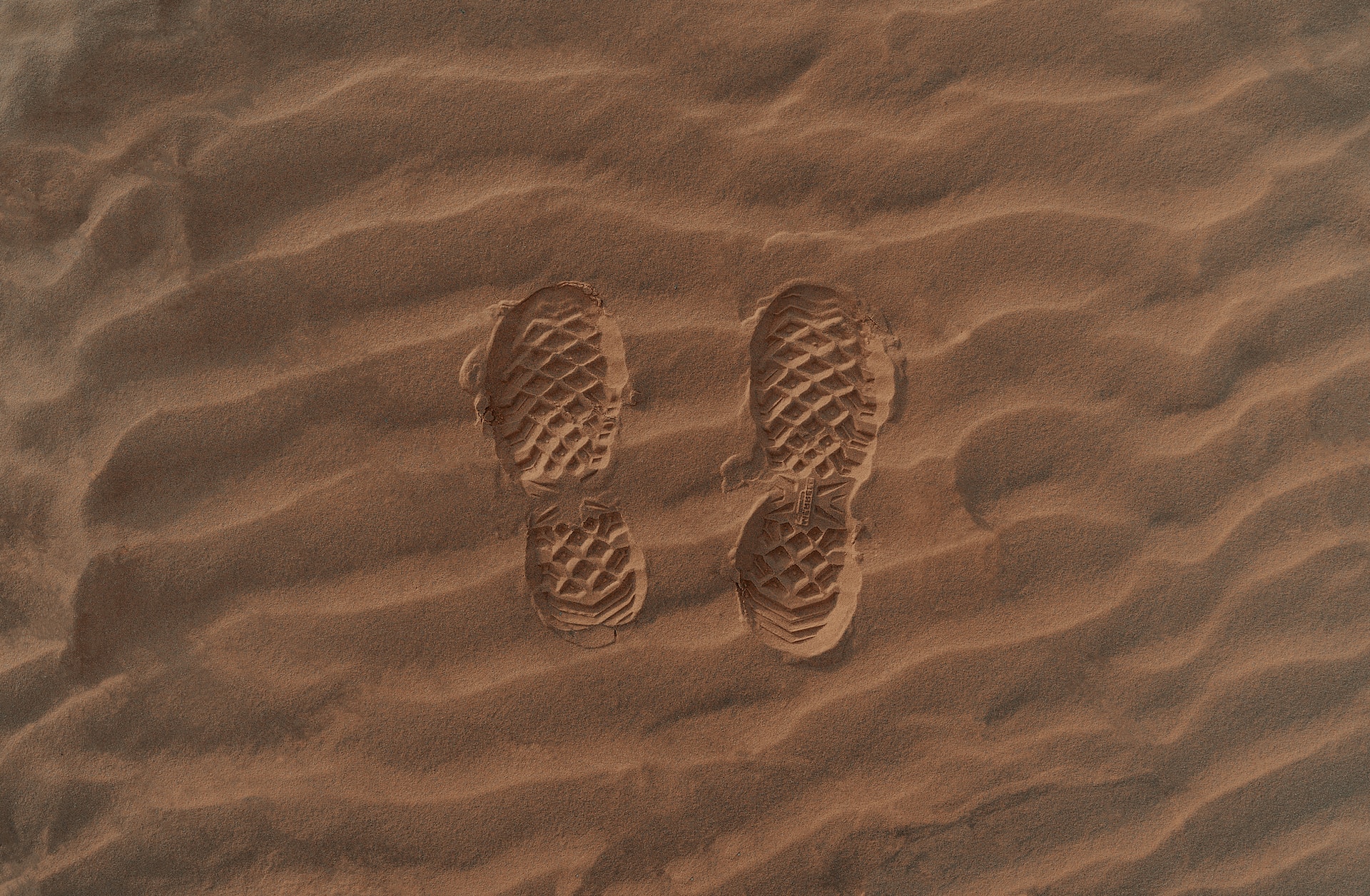
02 Nov What Types of Evidence Are Acceptable in a Criminal Case?
During a criminal trial, evidence can make or break a case. Many different types of evidence can be admissible, so if you have been charged with a crime, you need a lawyer who can explain how the evidence will affect your case and plan your defense accordingly. But if the evidence against you doesn’t meet Arizona’s standards, or if there has been a breach in the custody of evidence, it might not be admissible in court. Here’s what you need to know.
What Is Evidence?
Evidence is used in a trial to prove or disprove a person’s innocence, and it may come from either the prosecutor or the defense. Any available facts that prove or disprove a statement, action, or belief can be used as evidence in a criminal case.
Criminal evidence can be either documentary or demonstrative:
- Documentary evidence is commonly called a paper trail and refers to evidence that is presented as a document (like a DNA report).
- Demonstrational evidence is given in a presentational manner, often with charts or graphs, or by presenting the physical evidence itself (like a bloody glove).
Types of Criminal Evidence
- Direct evidence could be a video or audio recording of the defendant in the act of committing the crime, or a properly documented confession.
- Circumstantial evidence such as eyewitness accounts, or fingerprints that could possibly belong to the defendant are also admissible in court.
- Statistical evidence must be approved by the court—only certain types of numerical data are allowed to be presented as evidence.
- Physical/Real evidence can be things like DNA, fingerprints, or other forensic evidence from the scene of the crime.
- Character evidence takes the form of testimonies; depending on the witness, it can paint the defendant in either a positive or negative light.
What Types of Evidence Are Admissible in a Criminal Case?
In order for evidence to be admissible (used in court) there are several rules that need to be followed. These rules are in place to ensure that all evidence meets the standards of the law. They include provisions to ensure that:
- Juries do not hear inadmissible evidence
- There has been a chain of custody on the evidence
- Only truthful evidence is presented
To ensure that every defendant gets a fair trial, Arizona has strict rules surrounding the care and keeping of evidence, how it may be presented, and for proving its validity. If any of the evidence has been found to break the rules in any way or is found to be untruthful, it can then be classified as inadmissible. It will not be able to be used during a trial, and it could even lead to a mistrial and your release.
Unsecured Police Evidence in Arizona
It is important for evidence to be treated with care. Recent news reports have exposed a failure by Phoenix law enforcement to properly secure their evidence. In many cases, the chain of custody of evidence was broken when it was left out unsecured around police precincts. If you suspect that the evidence from your trial is being misused or mistreated, let your lawyer know right away.
Certified Criminal Defense Attorney
If you have been charged with a crime, it is important to understand every aspect of your case, including the evidence. That is why having a certified criminal defense attorney is important. Only an experienced criminal defense attorney like Todd Coolidge has the knowledge needed to examine the evidence and determine a successful defense strategy, and help you find evidence to support your side of the case.
Todd Coolidge has over 25 years of experience in the Arizona justice system, and he will fight for you. Contact us today for a consultation on your case.
Images used under creative commons license – commercial use (10/31/23). Photo by Clay Banks on Unsplash.




